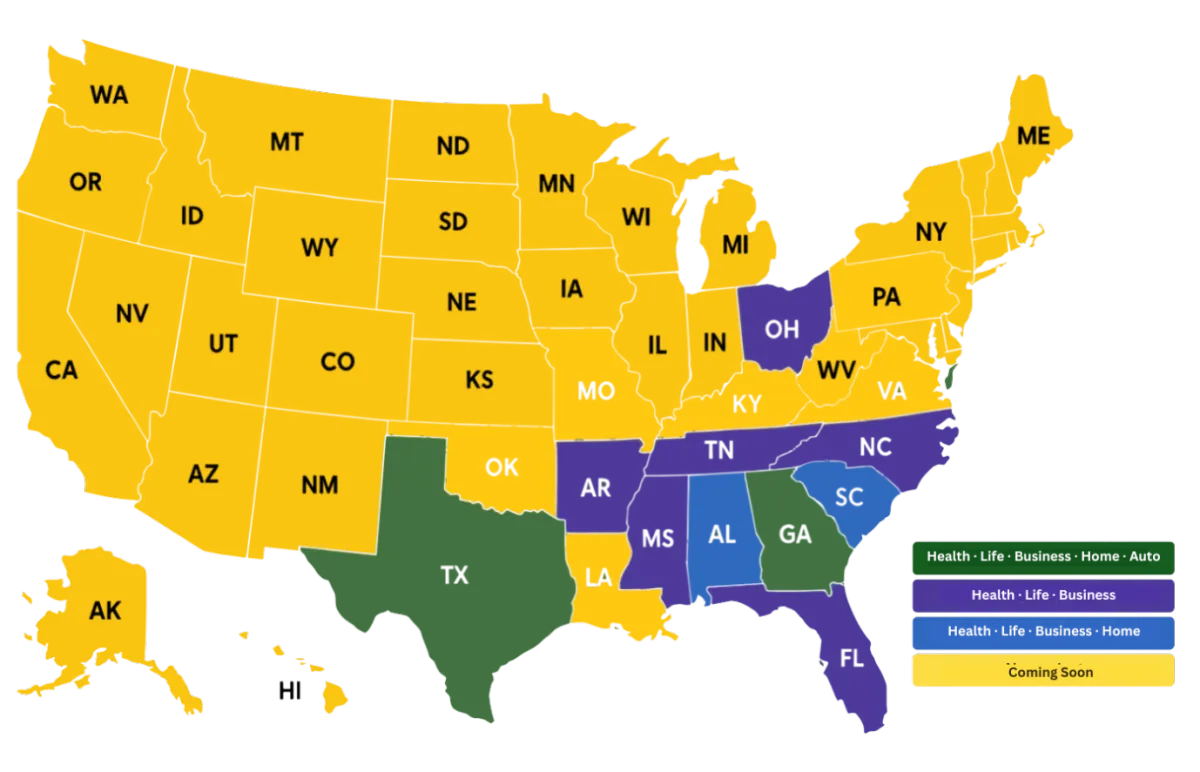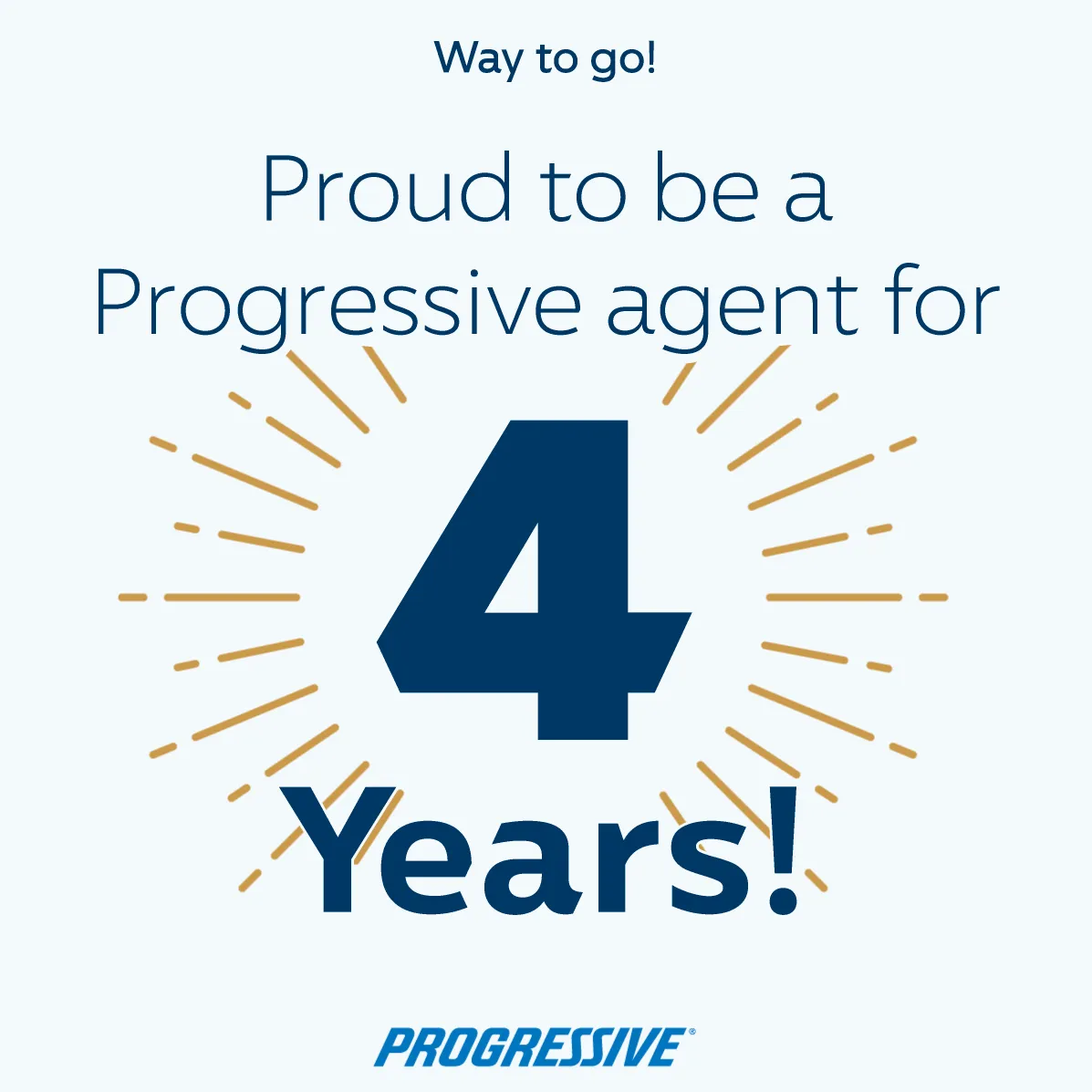Employer-Sponsored Protection
Replaces a portion of your pay if illness or injury keeps you off the job. Easy at-work enrollment—often with simplified or no medical questions.
Group Disability Income Insurance ensures financial stability during illness or injury.

Replaces a portion of your pay if illness or injury keeps you off the job. Easy at-work enrollment—often with simplified or no medical questions.
Group rates are typically cheaper than individual plans. Employers may fund part—or all—of the premium, with optional buy-up for more coverage.
STD helps in the first weeks; LTD covers longer recoveries. Coordinates with health insurance, sick leave, and workers’ comp to protect your lifestyle.
Extends the definition of total disability to your specific occupation for up to 5 years or the full benefit period.
Provides partial benefits if you're able to work part-time due to a disability, based on income loss.
Offers additional benefits if you suffer a severe disability, such as loss of two or more ADLs or cognitive impairment.
Pays a lump sum upon first diagnosis of specified critical illnesses like cancer, heart attack, or stroke.
Allows you to increase your coverage amount at specified times without additional medical underwriting.
Refunds a portion of premiums paid if the policy is canceled, lapses, or upon reaching age 65.
Automatically increases your monthly benefit by 5% annually during the benefit period, up to double the original amount.
Guarantees that premiums cannot be increased and coverage cannot be canceled by the insurer up to age 65.
Waives premium payments during periods of total disability.
When a team member can’t work due to illness or injury, the whole workplace feels it. Group disability insurance provides a financial safety net so employees can recover without financial free-fall. Click a tile to see why it matters for different groups.
Workers get peace of mind knowing income is protected if they can’t work.
Click to see details
Boost retention and show employees you care about long-term well-being.
Click to see details
Household budgets don’t collapse when a paycheck is interrupted.
Click to see details
Affordable group plans level the playing field with larger employers.
Click to see details
These individuals don’t have employer-sponsored benefits like sick leave or long-term disability coverage. A single illness or accident could interrupt their income stream entirely.
If the business depends on the owner's day-to-day involvement, their disability could shut down operations. Business Overhead Expense (BOE) policies can protect business continuity while personal DII covers their income
Many employers don’t offer any disability insurance. If your employer does, it often only covers a fraction of your income or is limited to short-term plans. Supplemental individual coverage fills the gap.
Households that rely on one person’s income need disability insurance to prevent financial instability if that person becomes ill or injured
Parents must maintain financial stability for dependents. DII ensures that tuition, groceries, and housing can continue even during recovery.
The younger you are, the lower your premiums. Locking in a policy early helps avoid future underwriting issues and secures income as your career grows.
If you're managing a chronic condition but still working full time, getting DII now could be vital before conditions progress and disqualify you.
If you have mortgages, student loans, or car payments, DII ensures you can keep up with these obligations even without work.
While they may not have a formal paycheck, losing their ability to contribute services like child care, meal prep, or elder care creates real economic strain. DII helps cover substitute care or lost services.
Most people don’t have enough savings to cover prolonged medical leave. Disability insurance provides ongoing support that savings alone cannot.
Understand the core benefits that make disability income coverage a smart safeguard for your paycheck.
Pays a portion of the employee’s salary if disability prevents work.
Choose between short-term, long-term, or a combination of both plans.
Some plans allow employees to continue coverage even if they change jobs.
Premiums may be deductible as a business expense.
Your employer offers Short‑Term (STD) and/or Long‑Term Disability (LTD). Enroll as a new hire or during open enrollment. Core coverage may be employer‑paid, with optional employee buy‑up. Late entrants or higher amounts may require Evidence of Insurability (EOI). Pre‑existing condition rules and waiting periods can apply.
Benefits typically replace a % of earnings (e.g., STD weekly benefits; LTD 40–60% monthly) up to a maximum. Elimination periods vary (STD ~7–14 days; LTD ~90–180 days). Definitions (Own‑Occupation/Any‑Occupation), Partial/Residual Disability, offsets (e.g., Social Security), and options like COLA or portability/conversion depend on the carrier and your plan. Premiums are taken via payroll; tax treatment depends on who pays the premium.
If a covered disability occurs, notify your employer and the insurer, submit medical and earnings documentation, and satisfy the plan’s elimination period. Approved benefits are paid weekly (STD) or monthly (LTD) up to plan limits and benefit duration. Integration with leave (e.g., FMLA), return‑to‑work provisions, and offsets may apply. Ask us about how pre‑/post‑tax premiums affect taxable benefits.
Note: Eligibility, definitions, offsets, and rider availability vary by employer, insurer, and state. We’ll help you compare.

Service in Multiple states Across the US.
Tailored plans for small, mid-size, and large businesses.
Dedicated claims support for employees.






Despite its importance, many people delay or dismiss disability coverage due to misinformation. Below is a comparison of common myths versus the actual facts
| Misconception | Reality |
|---|
Combine Disability Insurance with:





OnePoint, we believe every client deserves to understand what they’re paying for. Whether you're insuring your car, protecting your home, covering your family, or planning for retirement, we're here to help you make smart, confident choices.
Understand the purpose of disability insurance, how benefits are triggered, and why it's essential for income protection
Learn how coverage length, waiting periods, and benefit amounts differ and which suits your lifestyle
Discover how DII fills the income gap while medical insurance handles healthcare costs.
Explore how independent contractors protect their earnings without an employer safety net.
Learn how BOE insurance ensures your business keeps running if you become disabled.
Break down how soon benefits start and how long they last and how that affects pricing.
Manage your policy, file claims, and connect with us — all in one place.
Start the process of reporting an insurance claim quickly and easily.
File ClaimModify your contact information, coverage, or account details.
Update PolicySend us necessary documents securely through our online portal.
Upload NowRequest a comprehensive review of your current policy coverage.
Request ReviewBook a convenient time to speak with your insurance advisor.
Schedule CallNo. That’s the job of workers’ compensation. Group Disability Insurance covers both work-related and non-work-related illnesses or injuries, offering a much broader safety net for employees.
Most group disability plans replace between 50%–70% of an employee’s regular earnings. The exact percentage depends on whether it’s short-term or long-term coverage and the plan design chosen by the employer.
Employers usually decide whether participation is mandatory or voluntary. Some companies make it a core benefit for all full-time employees, while others allow staff to opt in if they choose.
It depends some may be excluded or rated higher. Simplified issue plans have fewer health questions.
It depends on who pays the premiums:
If the employer pays premiums, benefits are typically taxable when paid out.
If employees pay with after-tax dollars, benefits are generally tax-free.
Some plans offer portability options, meaning employees can continue coverage after leaving, though terms and costs may differ from the group rate.


Call, text, or click. We’re ready when you are.
888-899-8117
555 NorthPoint Center E, Alpharetta
Georgia. 30022

We’re here to make insurance feel simple, clear, and stress-free. At OnePoint Insurance Agency, we’ll help you find the right coverage so you can focus on living, while we protect the things that matter most.
555 NorthPoint Center E
Suite 400











Copyright 2026. OnePoint Insurance Agency. All Rights Reserved.